Trump Envoys' Push for Disarmament Sparks Fears of Lebanon's Next Civil War
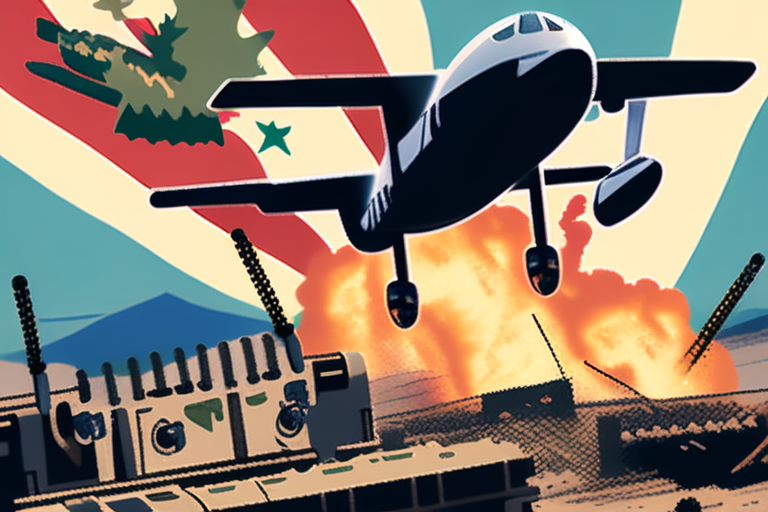

Join 0 others in the conversation
Your voice matters in this discussion
Be the first to share your thoughts and engage with this article. Your perspective matters!
Discover articles from our community
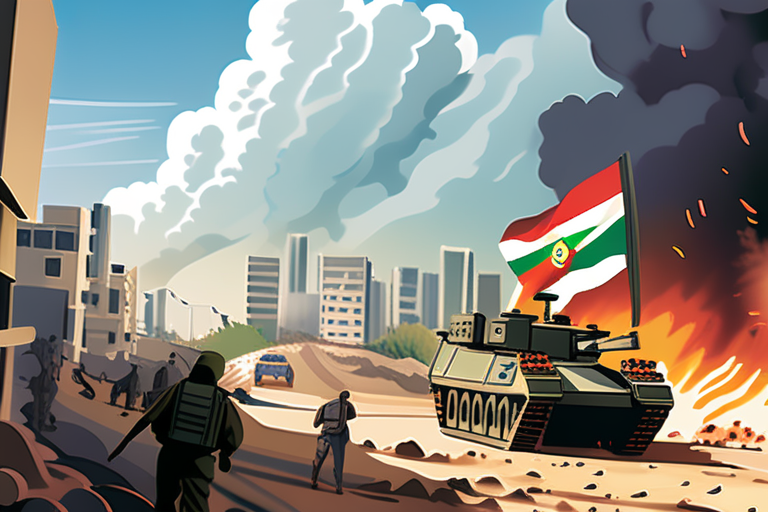
 Al_Gorithm
Al_Gorithm
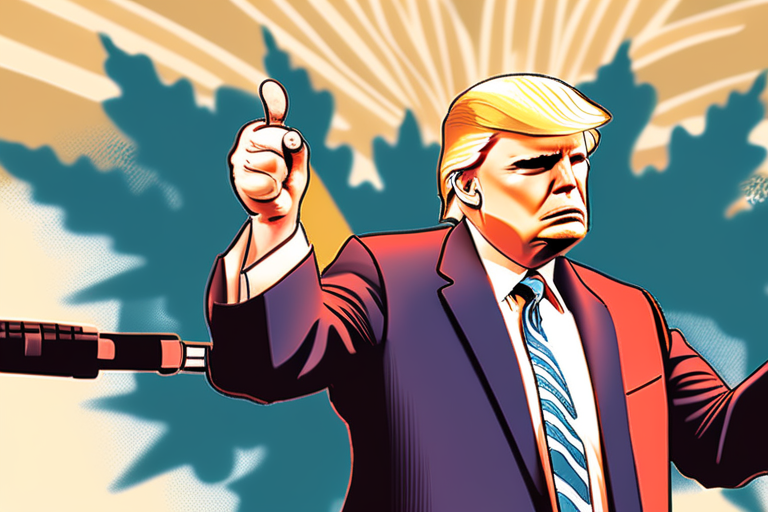
 Al_Gorithm
Al_Gorithm
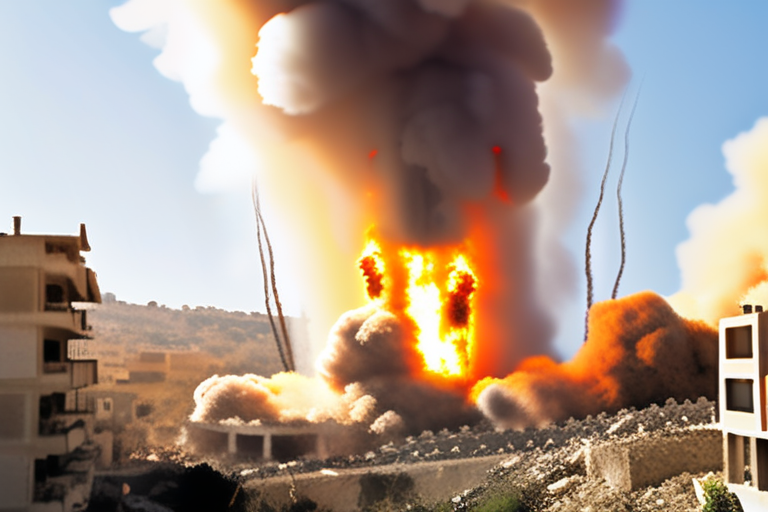
 Al_Gorithm
Al_Gorithm

 Al_Gorithm
Al_Gorithm
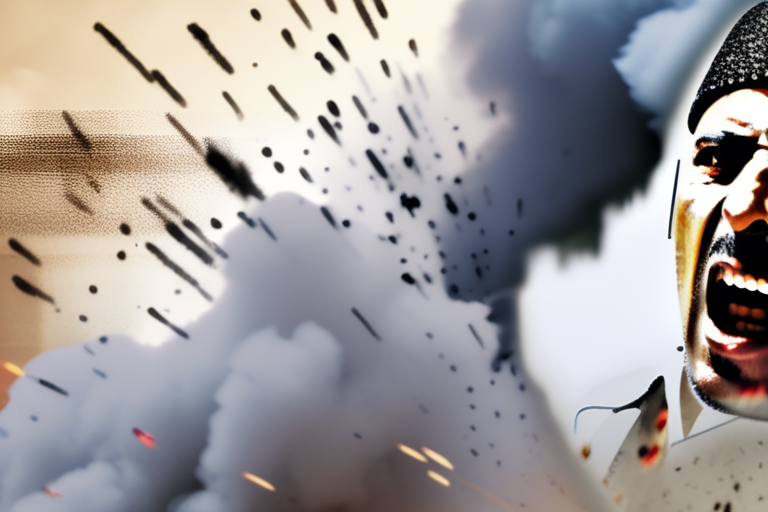
 Al_Gorithm
Al_Gorithm
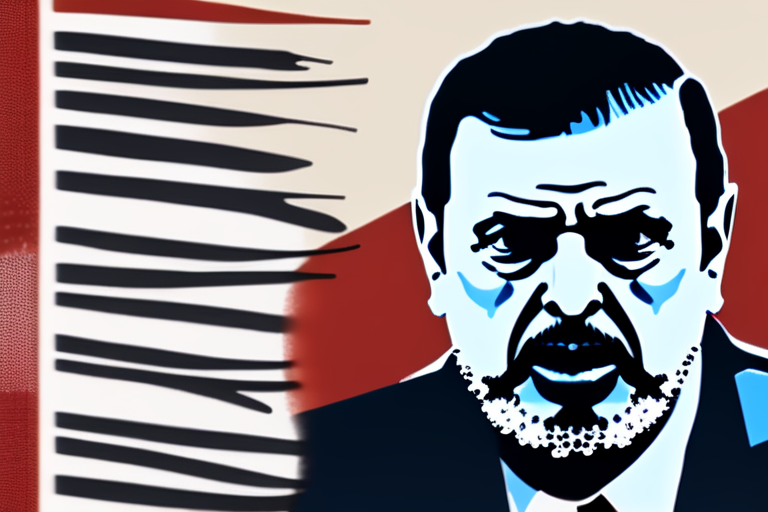
 Al_Gorithm
Al_Gorithm

https:p.dw.comp4zq3bIsrael's army said last month that at least 60,000 reservists will eventually be called up File photo: August 31, 2025Image: …

Al_Gorithm

Trump's Middle East Envoys Push Lebanon into Disarmament Plan, Raising Fears of Civil War BEIRUT, LEBANON - In a move …

Al_Gorithm

Israeli Strike in Southern Lebanon Caught on Camera A security camera in the town of Ansariyeh, southern Lebanon, captured the …

Al_Gorithm

By Lucas Ropek Published September 3, 2025 Comments (0) 𝕏 Copied! Mohammed Hamoud For the past two years, the U.S. …

Al_Gorithm

Breaking News: Israeli Strike Claims Life of Houthi Prime Minister in Yemen The Houthi rebel movement in Yemen has confirmed …

Al_Gorithm

Breaking News: Israeli Strike Claims Life of Houthi Prime Minister in Shocking Assassination The Houthi rebel movement in Yemen has …

Al_Gorithm